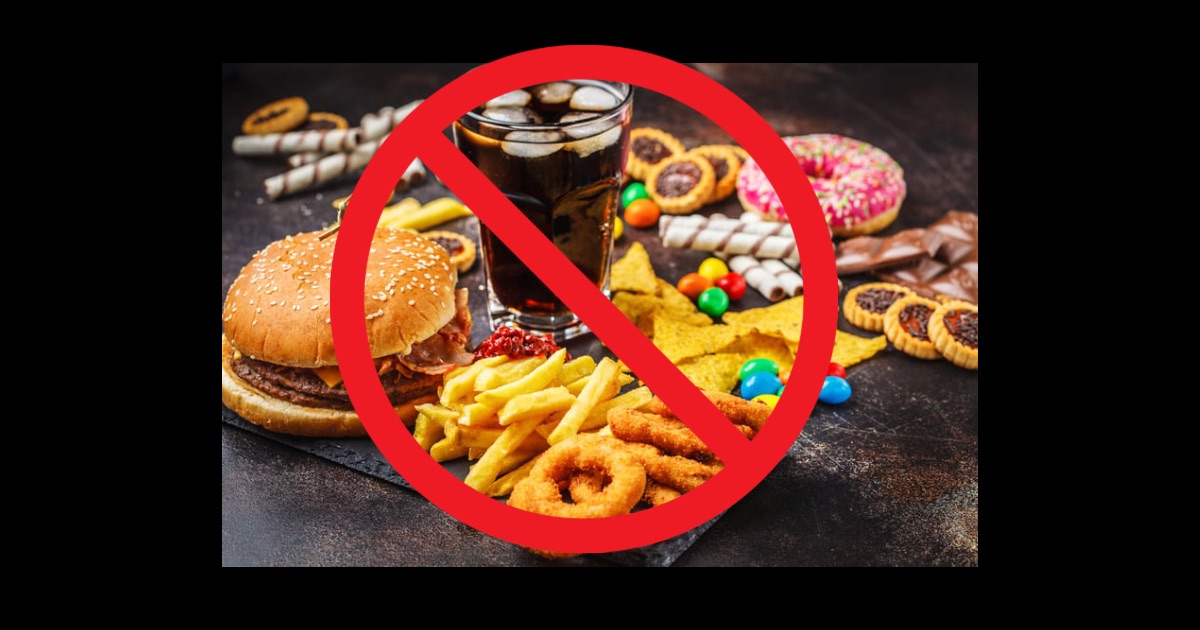Twelve U.S. states have received waivers from the U.S. Department of Agriculture (USDA) to restrict the use of Supplemental Nutrition Assistance Program (SNAP) benefits (formerly called food stamps) for purchasing certain foods deemed unhealthy, such as soda and candy. This initiative is part of a broader effort to promote healthier eating among low-income individuals and families participating in the program. Tennessee is not among those states that have been granted a waiver to restrict SNAP benefits.
Health and Human Services Secretary Robert F. Kennedy, Jr. and U.S. Food and Drug Administration Commissioner Dr. Marty Makary yesterday joined Secretary of Agriculture Brooke L. Rollins to celebrate her signing of six new Supplemental Nutrition Assistance Program (SNAP) state waivers to advance the Trump Administration’s priority to Make America Healthy Again.
For years, SNAP has used taxpayer dollars to fund soda and candy—products that fuel America’s diabetes and chronic disease epidemics,” said HHS Sec. Kennedy. “These waivers help put real food back at the center of the program and empower states to lead the charge in protecting public health. I thank these governors who have stepped up to request waivers, and I encourage others to follow their lead. This is how we Make America Healthy Again.”
“I hope to see all 50 states join this bold commonsense approach. For too long, the root causes of our chronic disease epidemic has been addressed with lip service only. It’s time for powerful changes to our nation’s SNAP program,” said Commissioner Makary, M.D., M.P.H. “The goal is simple—reduce mass suffering from diabetes, obesity, and other long term medical conditions. I applaud the leadership of Secretaries Rollins and Kennedy, and President Trump in going bold.”
The twelve states that have received waivers thus far are:
- Arkansas
- Colorado
- Florida
- Idaho
- Indiana
- Iowa
- Louisiana
- Nebraska
- Oklahoma
- Texas
- Utah
- West Virginia
The specific restrictions vary by state, but commonly include Soda and sweetened beverages, candy and other items that have detrimental health impact, particularly on children.
All twelve states with waivers now restrict the use of SNAP benefits for purchasing soda or other sweetened beverages. Some states, such as Arkansas, are extending this ban to include fruit and vegetable drinks with less than 50% natural juice.
Many states have also included candy in their restrictions.
And some states, like Florida and Louisiana, have expanded restrictions to include energy drinks and certain prepared desserts.
Supporters of these restrictions argue that they are necessary to encourage healthier eating habits among SNAP recipients and to ensure that taxpayer dollars are used for nutritious foods. They note that sugary drinks are a major contributor to diet-related health problems, including diabetes, and are the number one purchase made with SNAP benefits.
Critics of the restrictions argue that they are ineffective, disproportionately burden low-income individuals, and could increase stigma and barriers to accessing food, particularly in areas described as “food deserts.” Studies have shown that while restrictions may reduce soda purchases, they don’t necessarily lead to improvements in overall diet quality or better purchasing habits. Instead, critics recommend incentive programs that promote the purchase of fruits and vegetables that they claim are a more effective and empowering approach to encouraging healthy eating.
The waivers are set to take effect in 2026. It remains to be seen what the long-term impact of these restrictions will be on SNAP recipients and on the overall effectiveness of the program.
Steve Gill is the publisher of TriStar Daily and is a national and international political analyst and commentator.









